South Korea's Winter Olympics sets off some jitters with less than 100 days to go
Among locals, there’s excitement in the air – but also some serious nerves
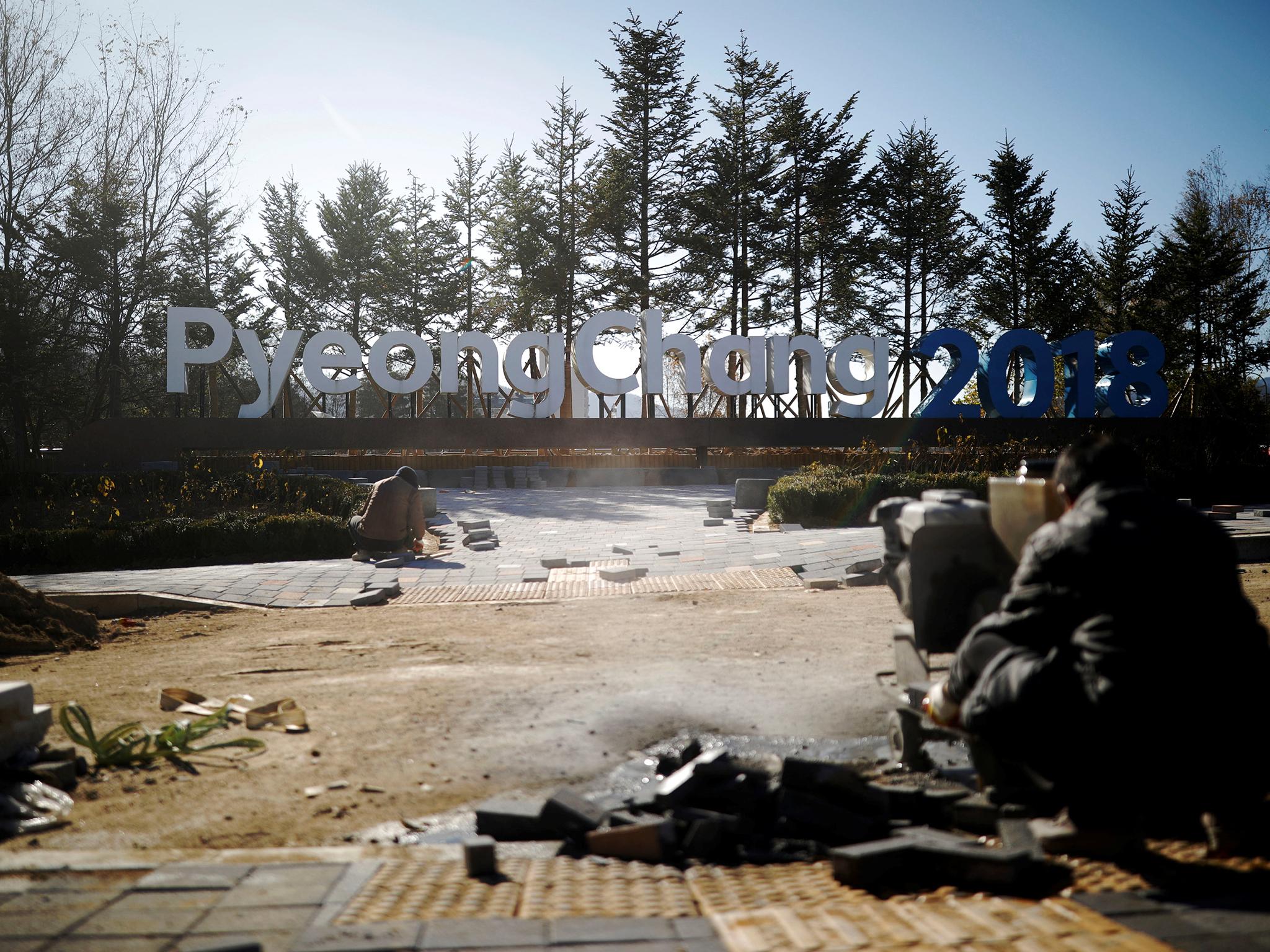
Your support helps us to tell the story
From reproductive rights to climate change to Big Tech, The Independent is on the ground when the story is developing. Whether it's investigating the financials of Elon Musk's pro-Trump PAC or producing our latest documentary, 'The A Word', which shines a light on the American women fighting for reproductive rights, we know how important it is to parse out the facts from the messaging.
At such a critical moment in US history, we need reporters on the ground. Your donation allows us to keep sending journalists to speak to both sides of the story.
The Independent is trusted by Americans across the entire political spectrum. And unlike many other quality news outlets, we choose not to lock Americans out of our reporting and analysis with paywalls. We believe quality journalism should be available to everyone, paid for by those who can afford it.
Your support makes all the difference.With less than 100 days until South Korea’s PyeongChang Winter Olympics are due to start, builders are in the final sprint and this once-sleepy village is buzzing with activity.
Nearby, the Olympic stadium is nearing completion. Roads are being widened to deal with the expected surge in visitors, while landscapers plant flowers and trees along the pavement in a traditionally rustic area. In a new building serving as a planning hub, young Koreans and foreign guests grab coffee and snacks at a McDonald’s to keep up with the frantic pace.
Among locals, there’s excitement in the air – but also some serious nerves.
Cho Hyun-sab moved to the area from the suburbs of Seoul especially for the games, which take place between 9 and 25 February. Just over a week ago, he opened a dumpling restaurant in anticipation of the crowds. He hopes to start a franchise. “This is branch number one,” Cho says while manning a number of steaming trays.
However, the 32-year-old is careful not to be too optimistic. He suspects the games may have been overhyped in South Korea. “The general expectations are so high,” he says. “I don’t want to be disappointed.”
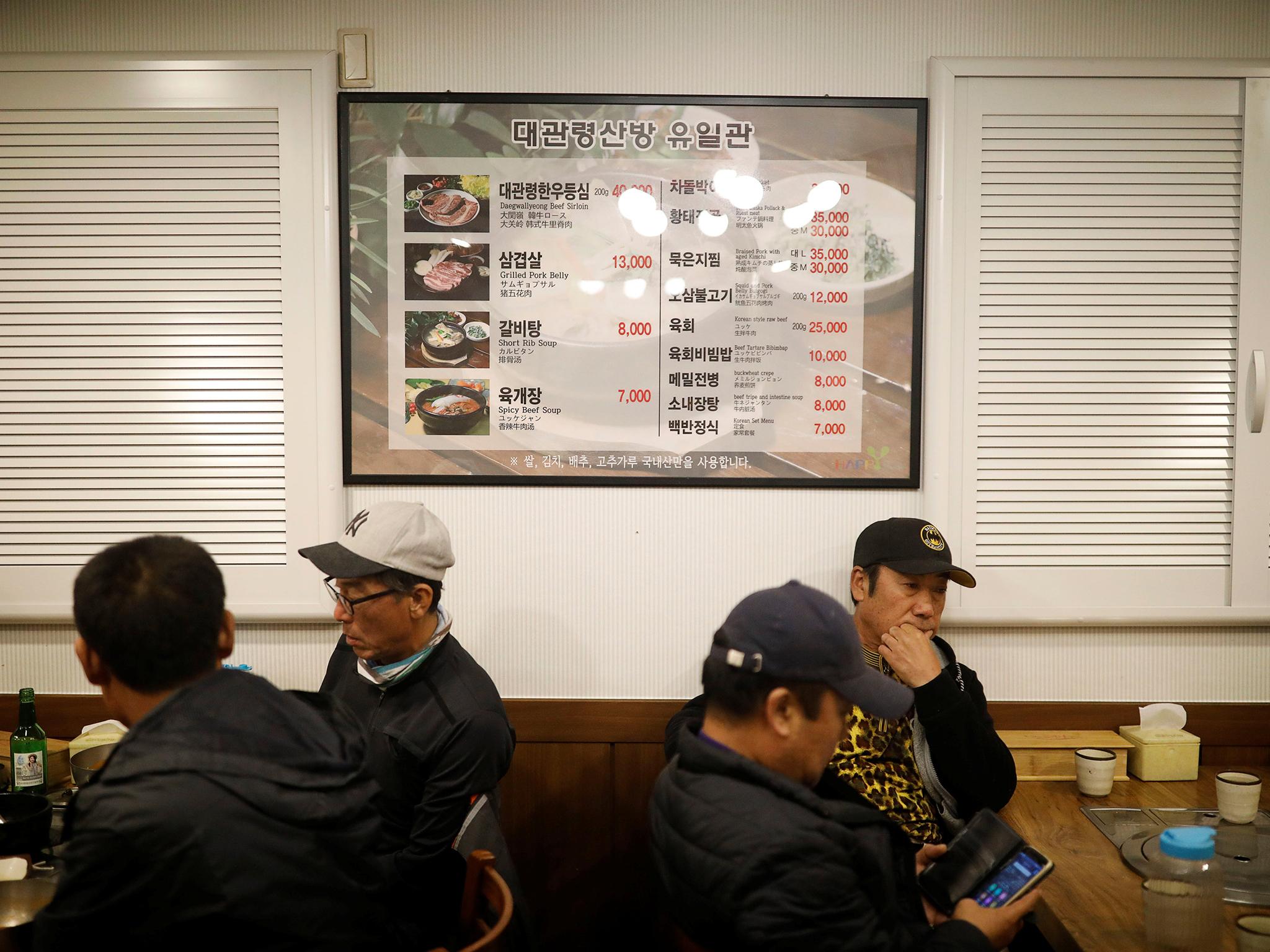
Cho isn’t the only one with concerns. For all the excitement, there are worrying signs that the PyeongChang games are running into trouble. Ticket sales have been low – 35 percent of what was hoped for at this point. And a large amount of work needs to be done.
These concerns aren’t necessarily unusual for an Olympic host. But the PyeongChang games also have a more unusual issue: a nuclear-weapon minded North Korea that sits around 50 miles from the Olympic venues.
When South Korea won the contest to host the 2018 Winter Olympics seven years ago, the North Korea factor looked like little more than an inconvenience. There was even serious talk of South Korea co-hosting the event with North Korea as a sign of good will.
Now, with just weeks to go until the event, North Korea could be a major problem for the PyeongChang games. North Korea has made significant progress with weapons programs in recent months, testing missiles and conducting a huge underground nuclear bomb test in September despite international condemnation.
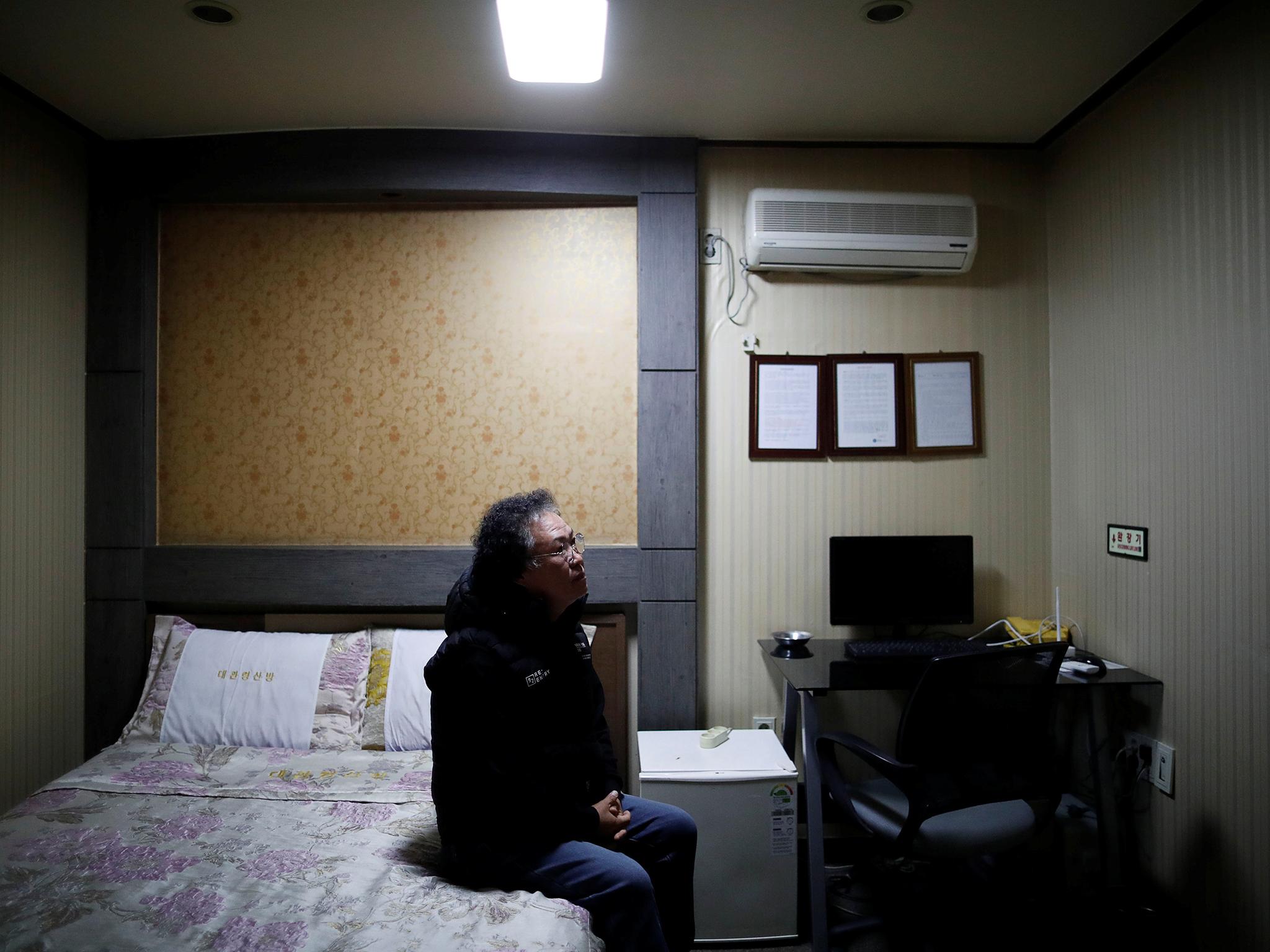
The circumstances have sparked some alarming talk among Olympic officials. In September, the French sports minister suggested that the country would keep its team at home if their safety could not be assured.
Last week, a British official told the BBC that the country had an evacuation plan for the games and that “welfare” officers would be travelling with the athletes to “make sure that they feel entirely content.”
The North Korea issue also comes alongside other big problems that are unique to the PyeongChang games, including the political scandal that led to the impeachment of South Korea’s president this year and a diplomatic spat with China over the deployment of a US-made missile defence system.
Worse still, the issues may not only affect the Olympics but tourism as a whole. The country’s central bank announced last month that the number of foreign visitors to the country had plunged almost a quarter in the first nine months of 2017 compared to last year.
It’s a worrying combination for organisers. South Korean President Moon Jae-in has tried to calm nerves, telling reporters at an event in New York City in September that “a successful hosting of the PyeongChang games would erase worries over security and show the world regional peace and stability on the Korean Peninsula.”
Olympic organisers have tried their best to reassure potential visitors and take their minds off the threat from North Korea – even adding a capital “C” to the county’s Romanised name so it is not mistaken for the North Korean capital, Pyongyang. But the situation is complex: to be reassuring, organisers often have to remind people of the very threat they want them to forget.
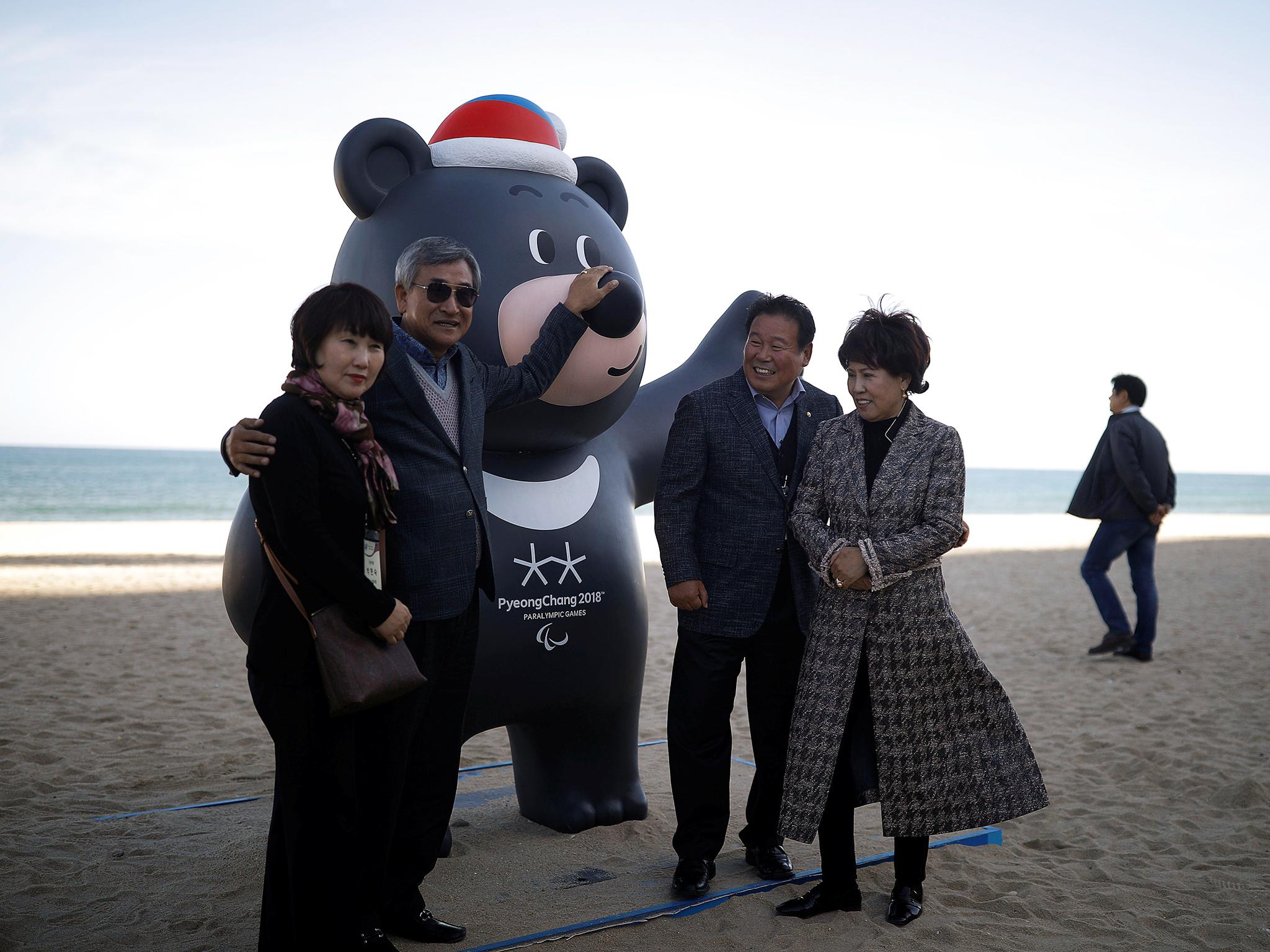
Choi Moon-soon, governor of Gangwon Province, which contains PyeongChang, has told local media that the worries could lead to the games becoming a “global humiliation” for South Korea.
Some suggest that the risk of conflict with North Korea is overhyped. “People outside Korea are concerned about the North Korean threat, but there have been threats for many decades,” says Lee Kean-hee, 34, who runs a shop opposite the Olympic stadium that sells the local delicacy of dried pollock. “Koreans living here are not so concerned, so you don’t need to be either.”
North Korea has made things difficult before for South Korea ahead of sporting events. A year ahead of the 1988 Seoul Olympic Games, North Korean agents bombed a Korean Air flight, killing everyone on board. And during the 2002 World Cup, a North Korean warship opened fire on a South Korean patrol boat, leaving six soldiers dead.
However, experts think that that any attack at the games themselves is unlikely. “I think the Olympics will be safe,” says Robert Kelly, an expert on North Korean security issues at Pusan National University.
Notably, two North Korean athletes – figure skaters Ryom Tae-Ok and Kim Ju-Sik – have qualified for the games, and many hope they will serve as an insurance policy against any provocations. Sim Jae-kook, mayor of PyeongChang county, said that although it is unclear whether North Korea will participate in the games, it has said it will send a team to the PyeongChang Paralympics, which begins soon after.
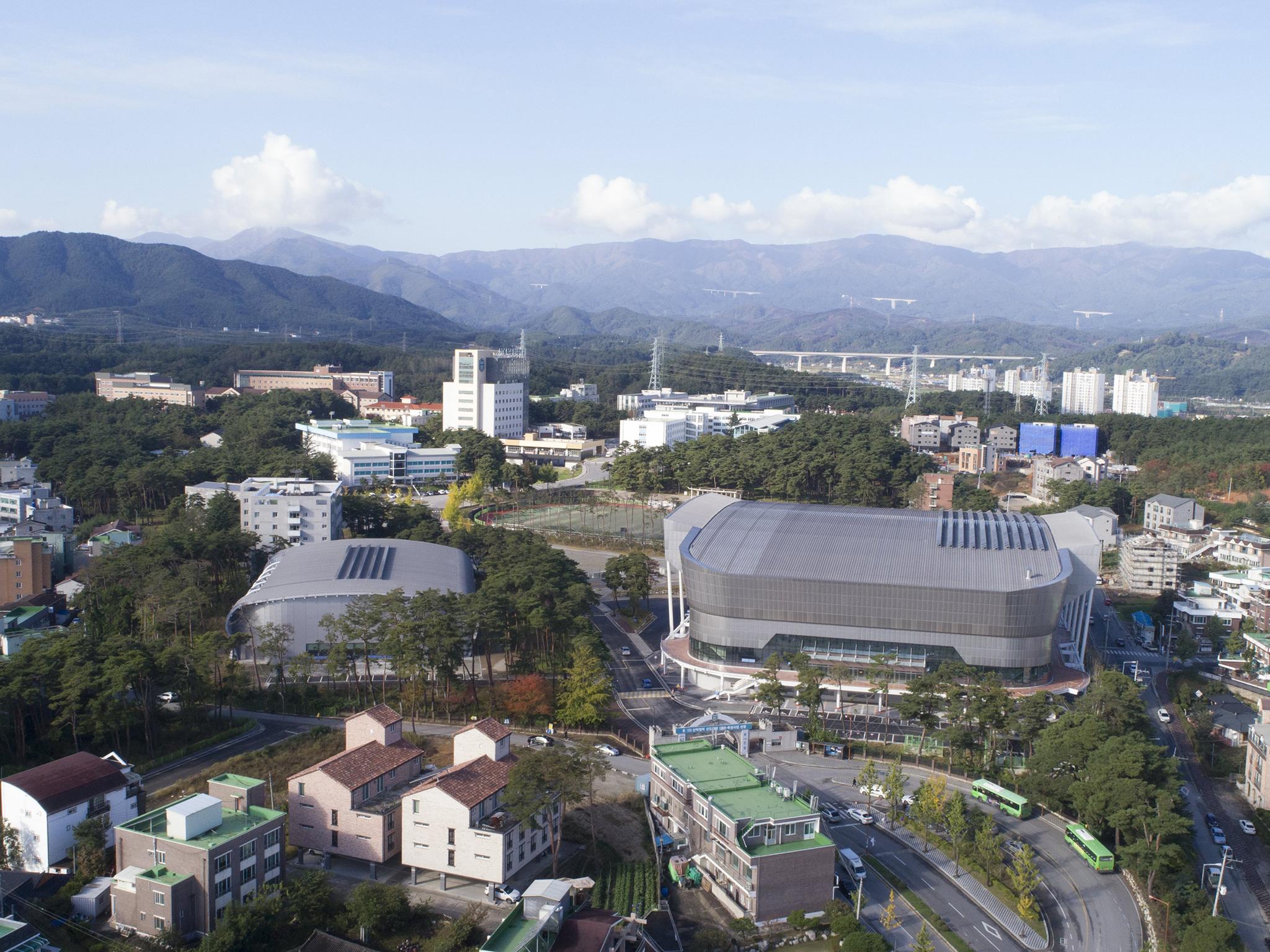
Choi Kang, vice president of the Asan Institute for Policy Studies, a Seoul thinktank, says that he does not expect any provocative actions during the games but that North Korea may stage a missile test or atmospheric nuclear test in the coming months.
“Unfortunately, South Korean Olympic organisers cannot do much to prevent such things from happening,” Choi says.
Even if North Korea doesn’t end up doing anything, the impression it might could still harm the games. “I’m not surprised the ticket sales are low,” Kelly says. “North Korea generates a lot of unnecessary hysteria in the West.”
Sim notes that officials need to be prepared not only for North Korea but also for terrorist groups such as the Islamic State and disasters both natural or “artificial”.
“There will be a lot of soldiers everywhere – even up in the mountains – so we will be prepared perfectly,” Sim says.
But local officials are aware that they are in a race to finish the preparations.
“By this time it’d be natural for all the venues and infrastructures to be complete,” said Lee Sung-han, chief secretary of PyeongChang county. In some areas, she said, people “might even wonder if this is the location for the Winter Olympics.”
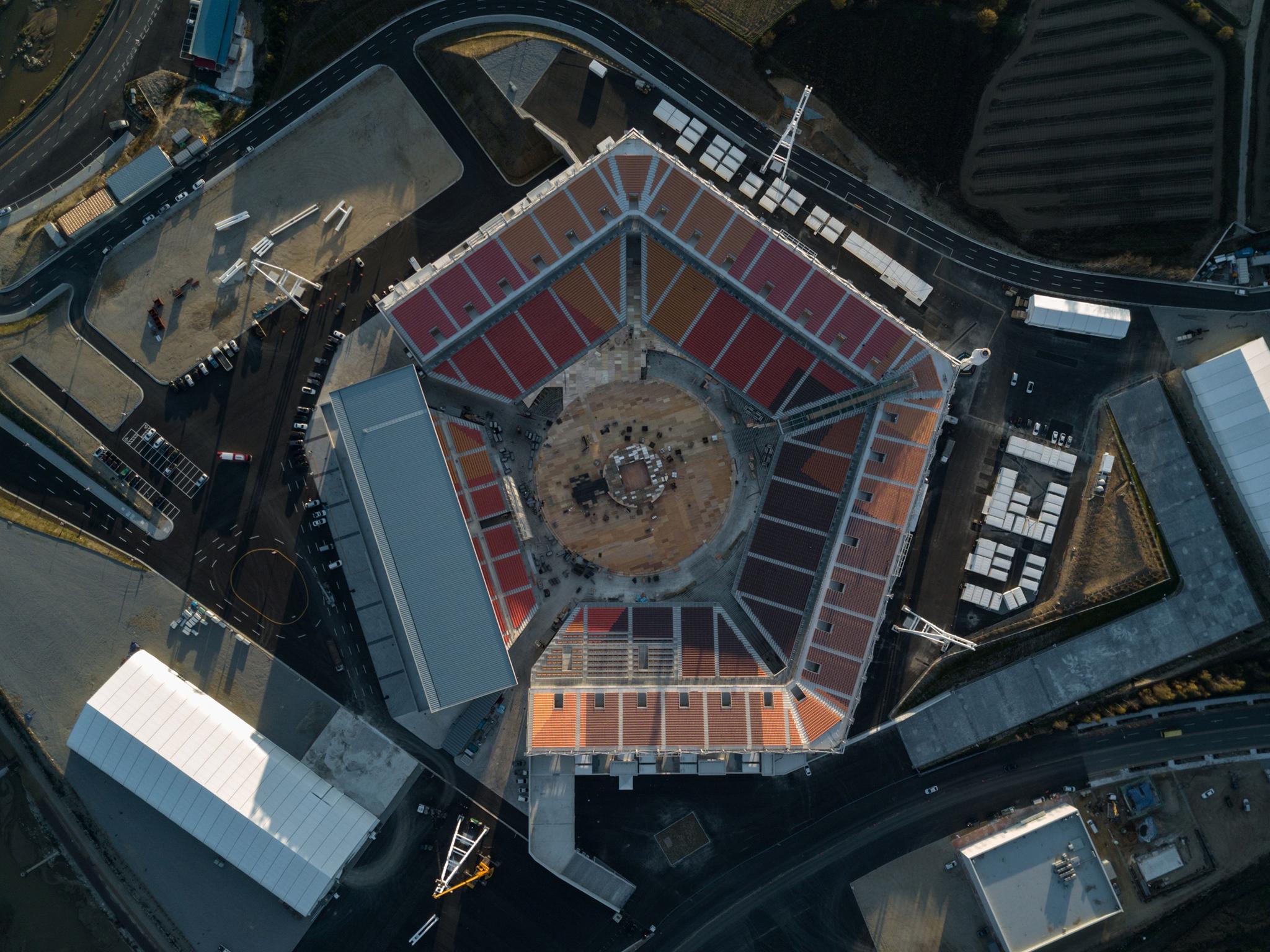
For all the delays and uncertainty, Sim notes that a vast number of new roads have been built in this poor, rural county, and a high-speed train connection to Seoul is due to open within two months.
In the end, the PyeongChang mayor says, things will work out: “Koreans have a tendency to work at the last minute.”
© Washington Post
Join our commenting forum
Join thought-provoking conversations, follow other Independent readers and see their replies
Comments